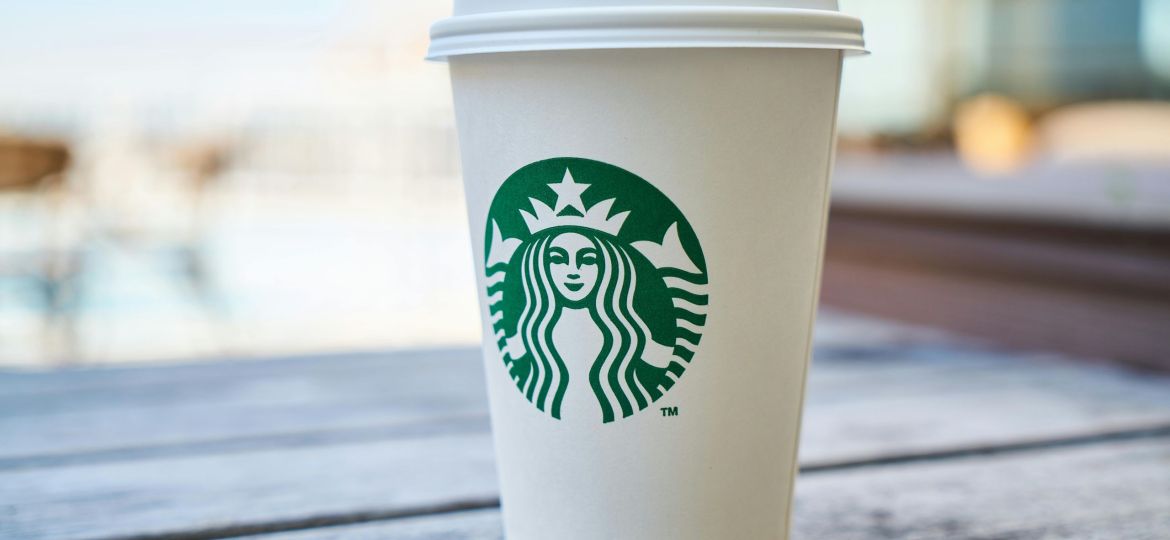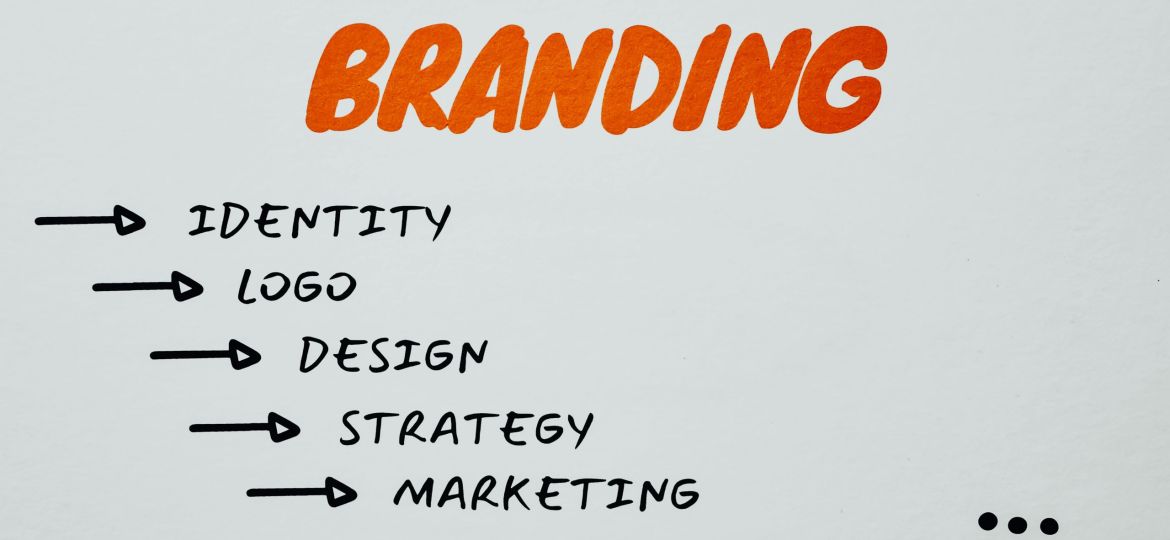Event Marketing 101: How to Generate Buzz and Drive Engagement
Event marketing is more than just sending invites and booking a venue. It’s a strategic approach to creating memorable experiences that amplify brand visibility, ignite audience interest, and convert leads into loyal customers. In this guide, we’ll walk you through essential steps and proven strategies to master event marketing and generate real engagement for your brand or business.
Why Event Marketing Is Crucial in Today’s Landscape
In a digital-heavy world, in-person and virtual events remain powerful channels to foster human connection. Whether through brand activations, trade shows, webinars, or pop-up experiences, event marketing helps brands connect more authentically with their audience. According to the Event Manager Blog, over 95% of marketers believe that live events provide attendees with a valuable opportunity to form personal connections.
Key Steps for Effective Event Marketing
To run a successful event, your marketing needs to begin well before the first RSVP lands. Here’s how to structure a campaign that builds excitement and increases attendance.
1. Define Clear Goals
Start by identifying what success looks like for your event. Is it brand awareness? Lead generation? Product promotion? Your objectives will shape your messaging and promotional tactics.
2. Know Your Audience
Before crafting your message, get clear on who you’re targeting. Are they tech-savvy millennials, B2B professionals, or potential investors? Tailor your event marketing message to resonate with your ideal attendee.
3. Create a Strong Event Identity
Your event should look and feel cohesive. From your event logo to your color schemes and tone of voice, make sure they align with your brand guidelines. Consistency builds trust and recognition.
Event Marketing Channels That Work
A successful event marketing strategy goes beyond one or two emails. Use a multichannel approach to maximize reach and engagement.
- Email Campaigns: Send a series of personalized emails from invitations to reminders to post-event follow-ups.
- Social Media: Create event-specific hashtags, countdowns, sneak peeks, and live coverage to encourage sharing and visibility.
- Influencer Collaborations: Engage industry influencers to promote your event and generate third-party credibility.
- Event Pages: Build a dedicated website or landing page optimized with your keyphrase “event marketing” and compelling CTAs.
Using Storytelling to Enhance Corporate Events
Incorporating storytelling into your event marketing keeps your audience emotionally engaged. Begin with a compelling narrative—why this event matters, who it’s for, and what the takeaways will be. Use testimonials, case studies, and short videos to bring your story to life.
Leveraging Technology for Better Engagement
Technology can make or break your event. Innovative tools can boost engagement before, during, and after an event:
- Event Apps: Allow attendees to view programs, receive updates, and connect with each other in real time.
- Live Polling & Q&A: Encourage participation during sessions using interactive tools like Slido or Mentimeter.
- Virtual Reality: Take brand activations to the next level with immersive, experiential storytelling.
Brand Activations That Leave a Lasting Impact
Brand activations are interactive, on-site experiences that encourage people to directly engage with your brand. Examples include product sampling booths, interactive workshops, or immersive games. These activations drive high recall and transform ordinary attendees into brand advocates.
Tips for Memorable Brand Activations
- Make the experience social media-friendly
- Ensure it aligns with your messaging and goals
- Add elements of surprise or delight
Driving Post-Event Engagement
Your event might be over, but your marketing shouldn’t be. Stay connected with your audience through post-event strategies that capitalize on the momentum you’ve built.
1. Share Highlight Reels and Testimonials
Create a video recap featuring key moments, speaker soundbites, and attendee testimonials. Share them via social channels and emails.
2. Send a Follow-Up Survey
Ask for feedback to improve your future events and show your audience that you care about their opinions.
3. Offer Replays and Additional Resources
For virtual events, provide access to recordings. Supply relevant resources like whitepapers or presentation decks for continued learning.
Measuring Success: KPIs for Event Marketing
To refine your future campaigns, measure the performance of your event marketing. Useful KPIs include:
- Number of attendees vs. registered guests
- Engagement metrics (likes, shares, comments)
- Lead conversion rate post-event
- Net Promoter Score (NPS)
Top Tools for Event Marketing and Management
Make planning and execution smoother with tools designed specifically for events:
- Eventbrite: Easy ticketing and registration
- HubSpot: CRM integration for pre- and post-event follow-ups
- Canva: Design eye-catching graphics and invitations
Final Thoughts: Mastering Event Marketing
Whether you’re hosting a massive conference or an intimate product launch, event marketing plays a critical role in building brand awareness, capturing leads, and engaging your audience meaningfully. By following these best practices—from setting clear objectives and incorporating storytelling to using technology and measuring ROI—you’ll be able to craft experiences that deliver long-term impact.
Ready to elevate your event strategy? Check out our guide on unforgettable brand activations.
For additional expert guidance, visit the industry-leading Event Manager Blog.




